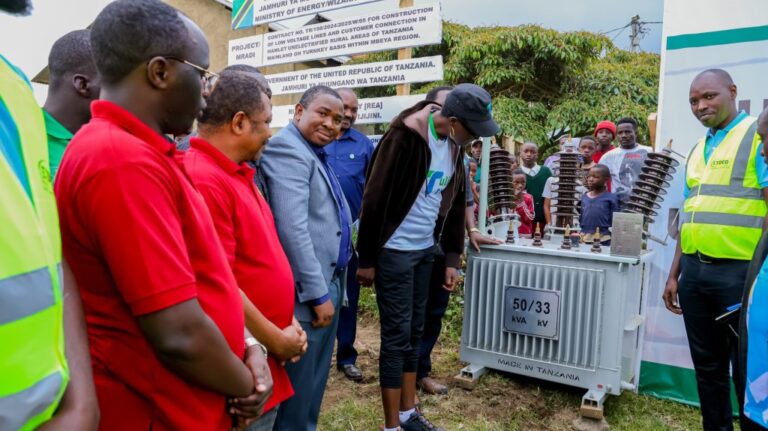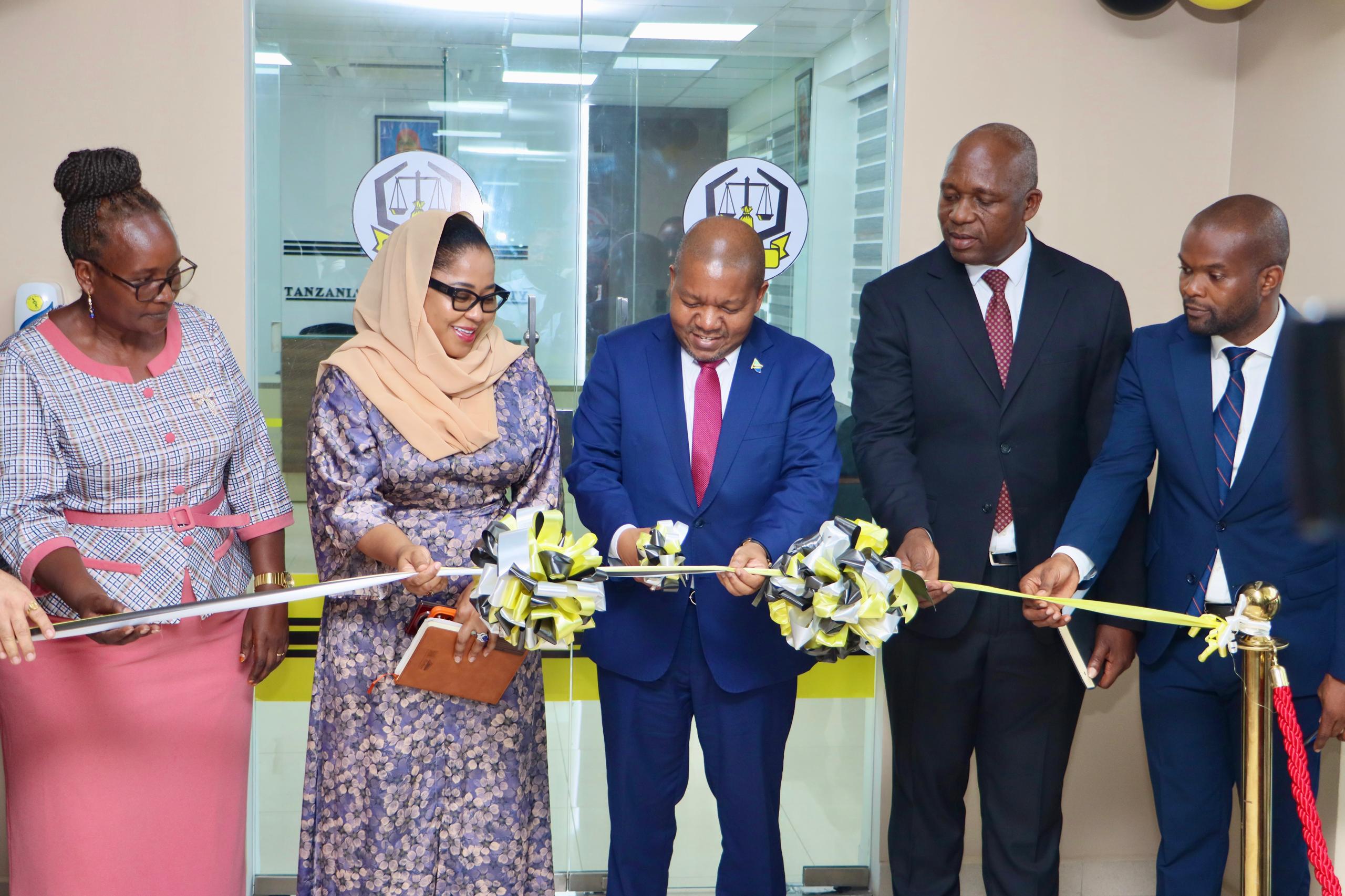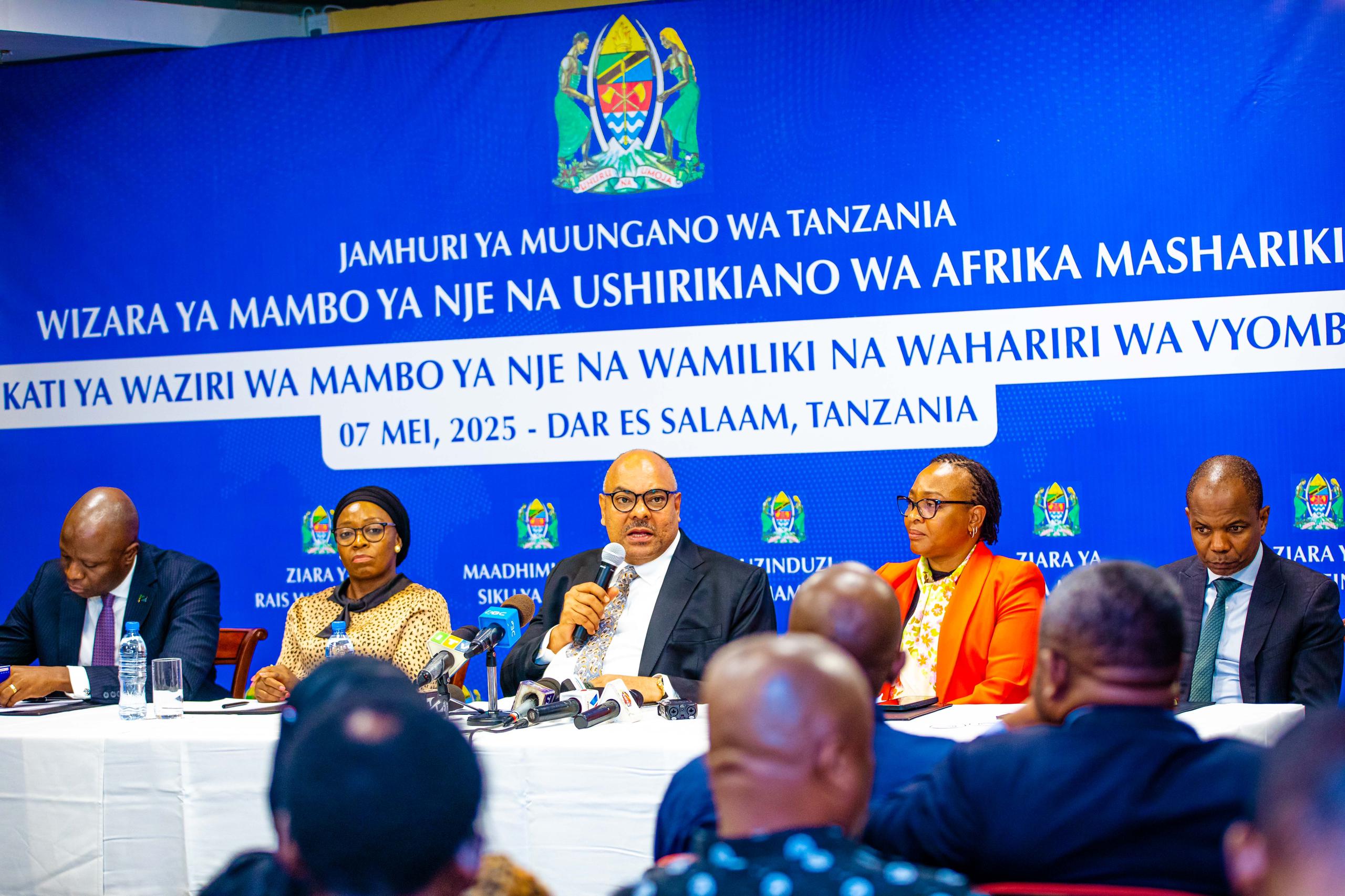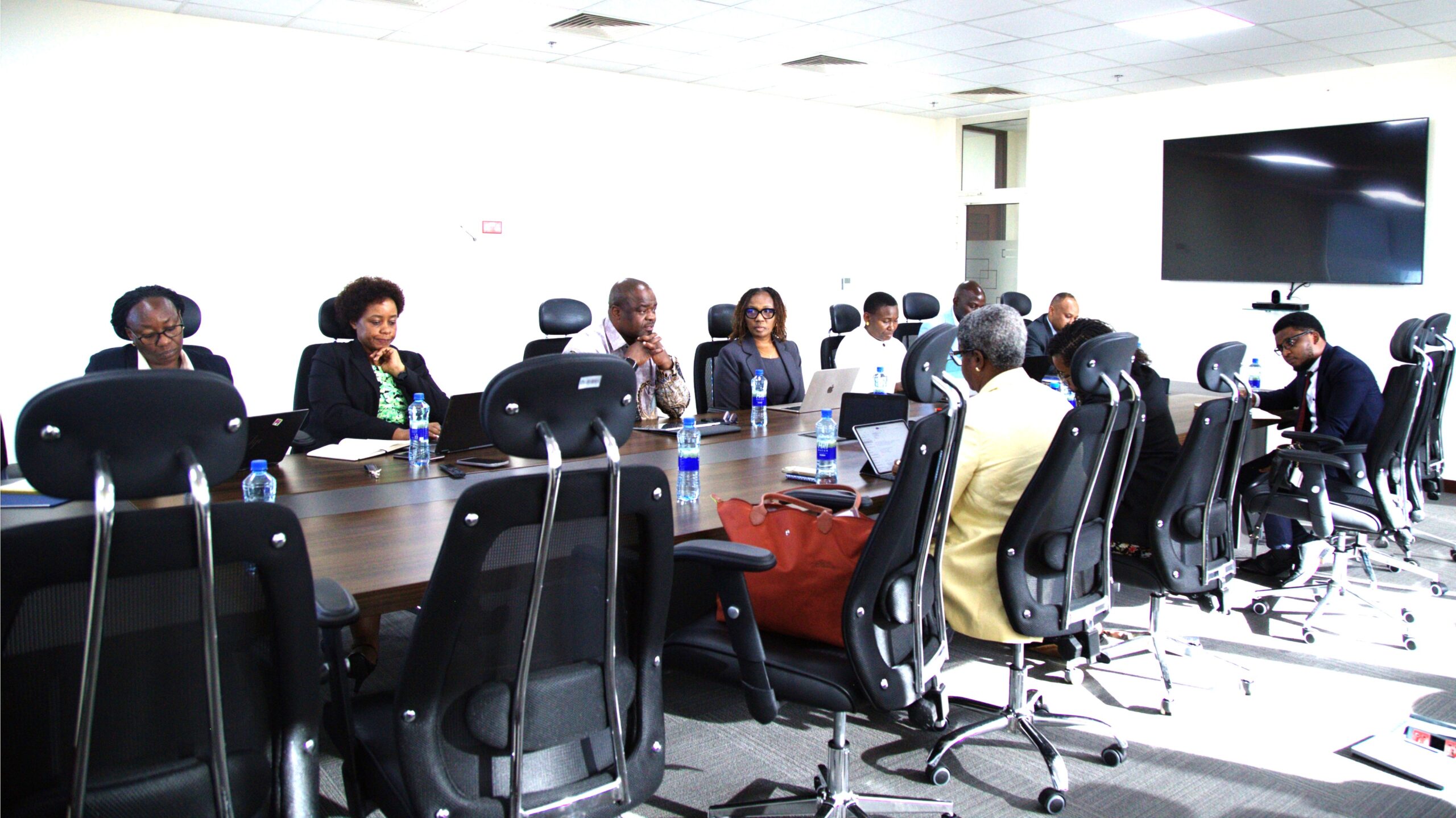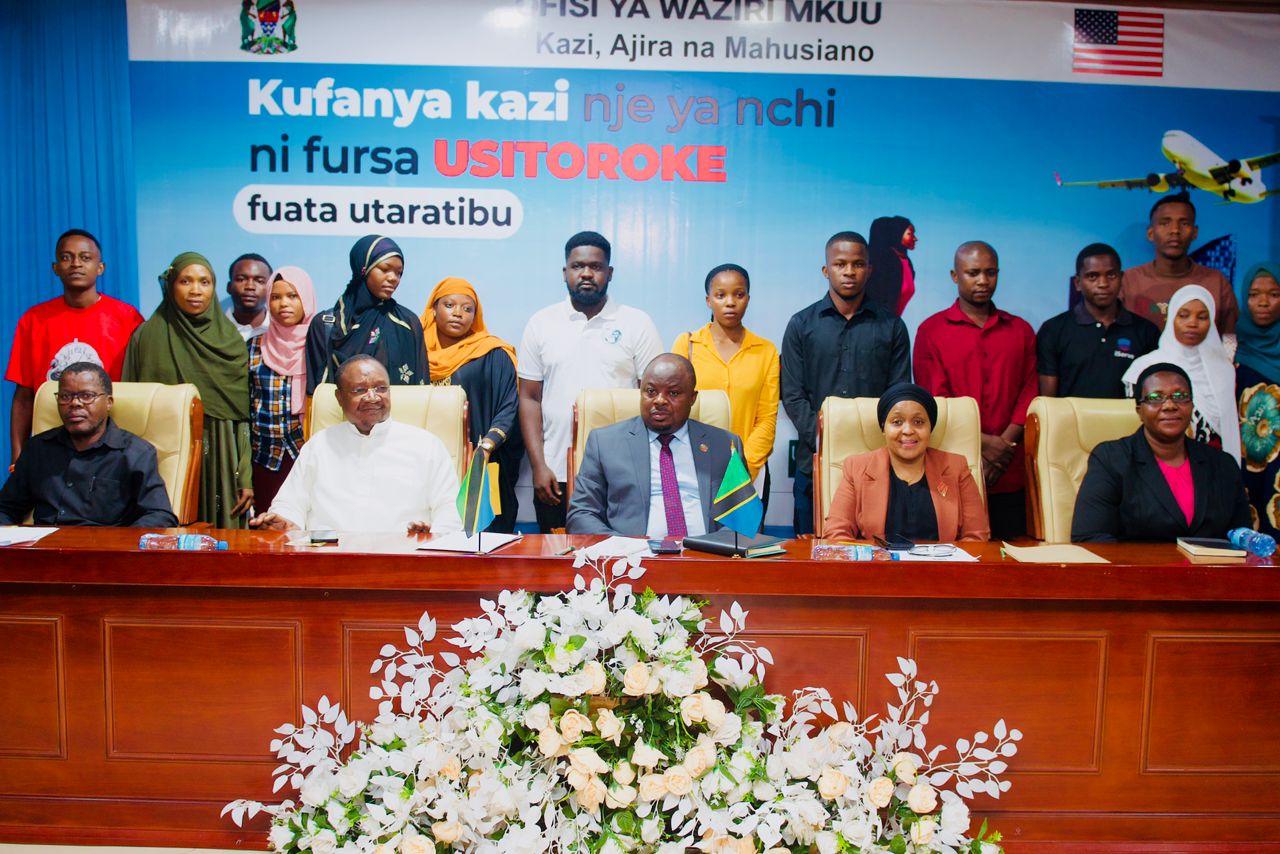Mbeya. Speaker of Parliament, Dr Tulia Ackson, has officially inaugurated an electrification project that will see electricity supplied to 105 hamlets across the Mbeya Region.
Speaking at the event over the weekend, which marked the formal handover of the project’s implementation to the contractor, Dr Tulia urged residents of areas earmarked for electrification to begin preparing their homes to receive electricity.
The contractor, the Electrical Transmission and Distribution Construction and Rehabilitation Company (ETDCO), was handed over to the Mbeya Regional Commissioner’s Office to commence the works.
“These funds could have been directed elsewhere, yet they have been allocated here to improve access to electricity. I therefore urge residents in the designated hamlets to make the necessary preparations in their homes to receive power once the project reaches them,” Dr Tulia said.
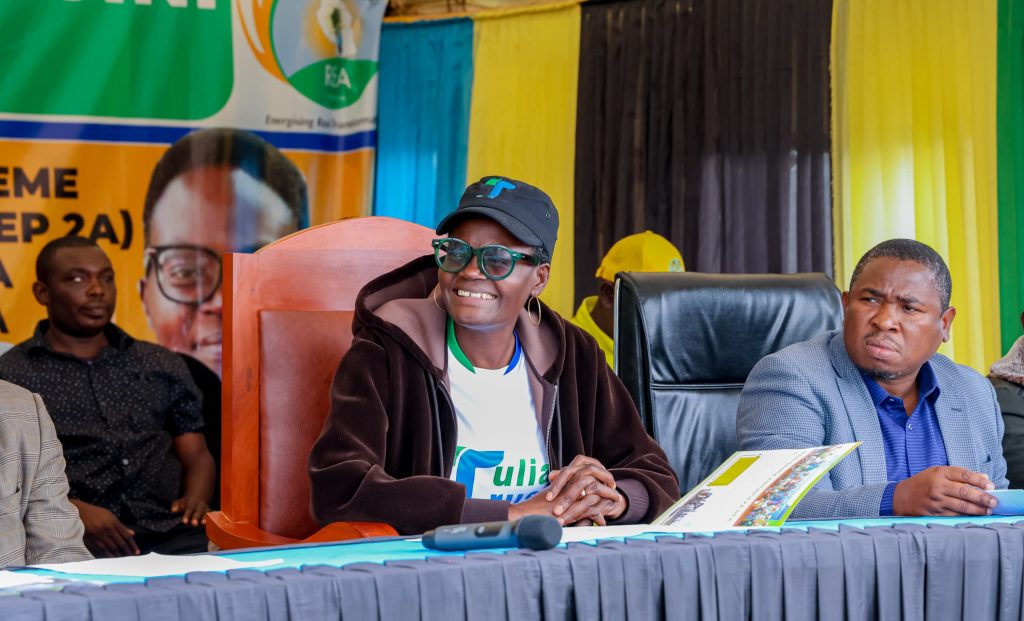
Dr Tulia underscored the importance of readiness, noting that such proactivity would affirm the President’s decision to allocate the funding for the project.
She further called on the contractor to ensure the timely completion of the works in line with the schedule agreed upon.
Earlier, chairperson of the Rural Energy Board (REB) amb major general (retired) Jacob Kingu, called upon local communities to take responsibility for safeguarding the infrastructure being installed.
He emphasised that the government had invested significant financial resources to ensure rural populations could benefit from electricity as a key enabler of development.
Providing a technical overview, the director of Rural Electrification at the Rural Energy Agency (REA), Jones Olotu, stated that the project targets the electrification of 15 hamlets per parliamentary constituency in the region, at a total cost exceeding Sh10.9 billion.
“Mbeya Region comprises 533 villages, all of which have already been connected to the national grid. The ongoing efforts now aim to ensure electricity reaches every hamlet, in line with the government’s goal to achieve universal access,” Mr Olotu explained.
The project is part of the broader national agenda to deepen rural electrification and stimulate socio-economic development by expanding access to reliable power in underserved areas.

